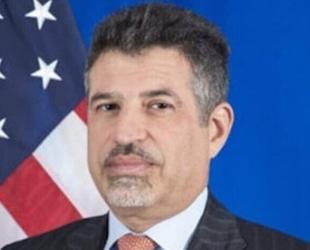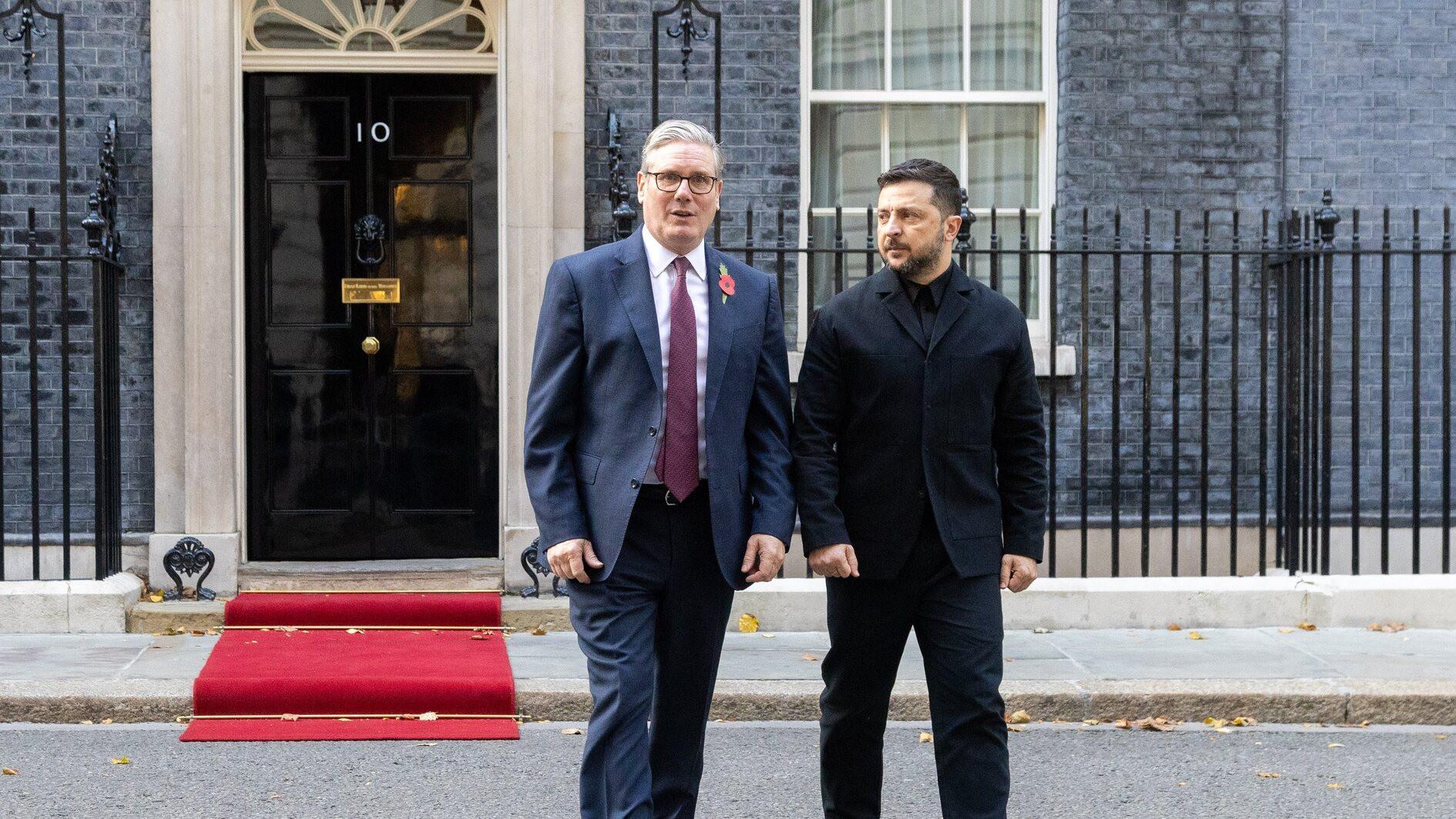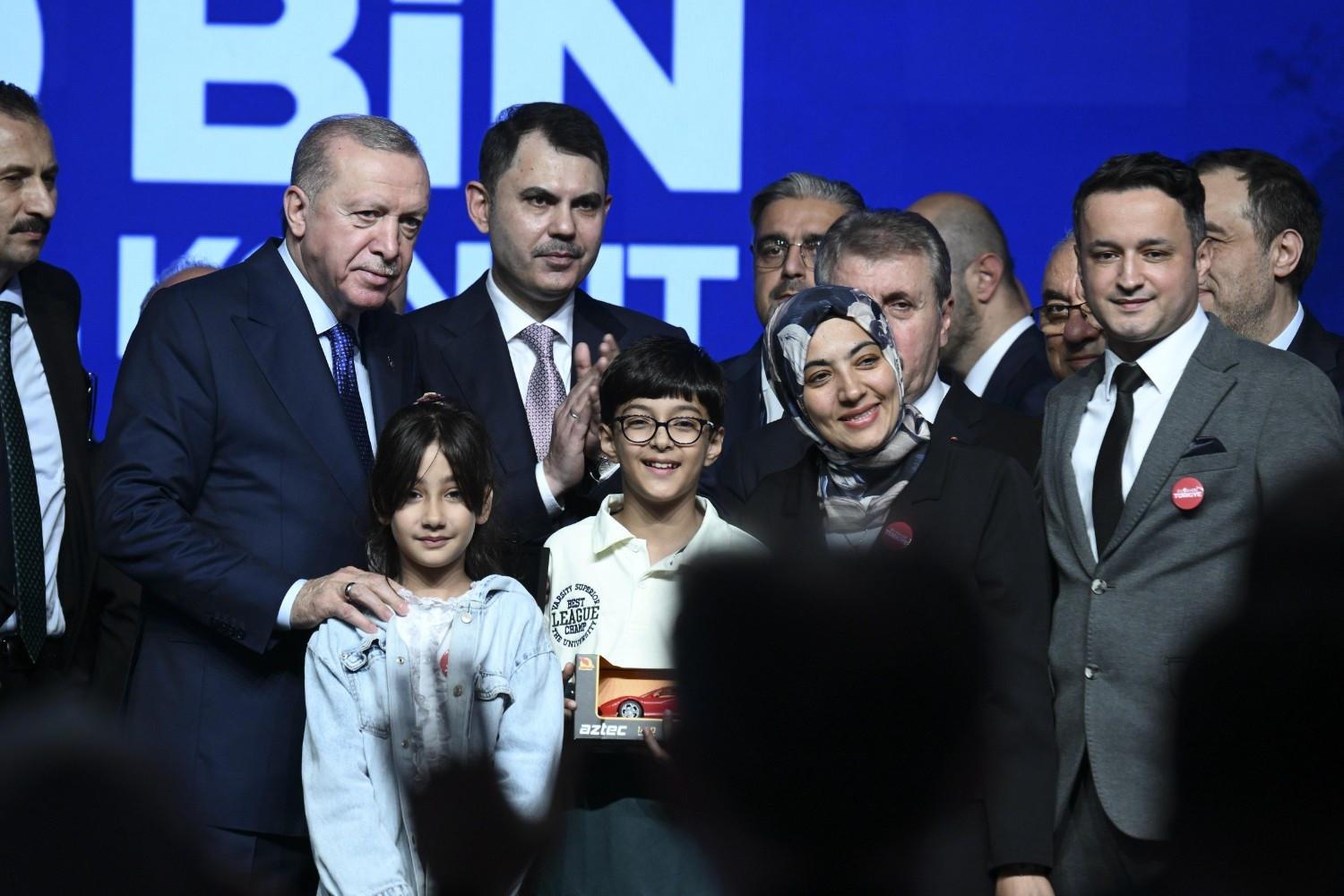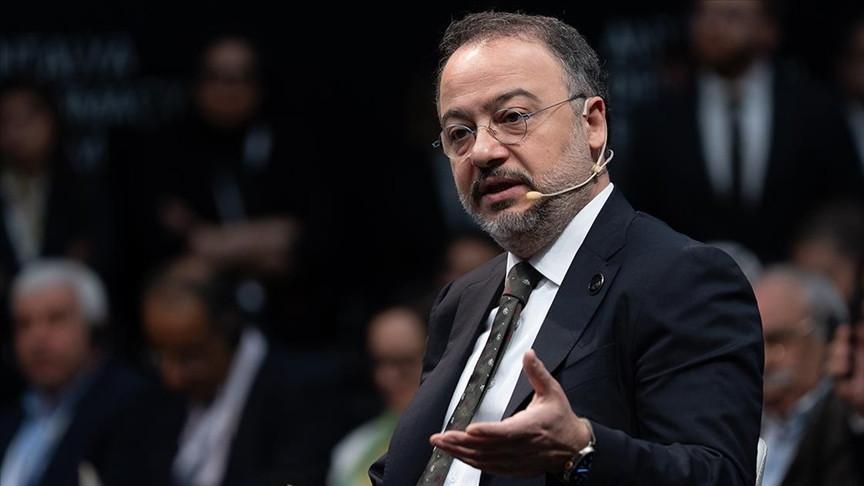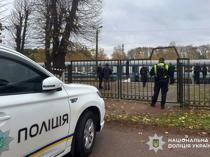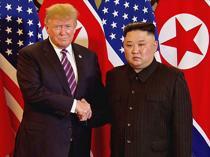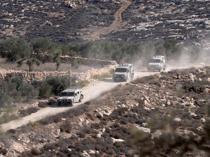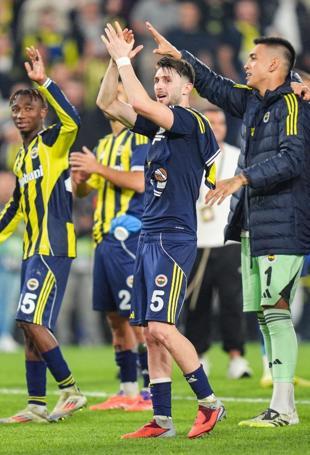Former NATO chief recounts interactions with Turkish president in memoir
BRUSSELS
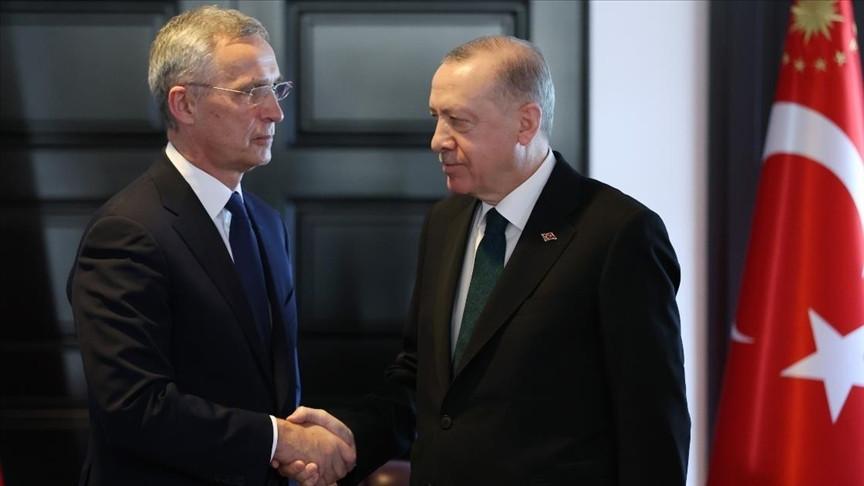
Former NATO Secretary General Jens Stoltenberg recounts meetings with Turkish President Recep Tayyip Erdoğan in his memoir that has extensive memories and developments during his 10-year tenure as the head of the alliance.
"NATO's military authorities confirmed that the plane had been in Turkish airspace, and it was becoming urgent that we go public with a reaction to the incident," Stoltenberg said in "On My Watch: Leading NATO in a Time of War."
He was referring to the downing in 2015 of a Russian Su-24 aircraft by Turkish fighter jets near the Turkish-Syrian border after it violated Turkish airspace.
Stoltenberg said he expressed NATO's solidarity with Ankara, but "deep disagreement" ran through the alliance during the crisis.
Eastern European countries backed Türkiye in demanding that NATO stand by Ankara's actions, and "felt the border violation should be followed up with the deployment of additional air defence, more fighter jets and more batteries of Patriot rockets along the Syrian border," he said.
"France and Italy opposed the alliance expressing explicit support for Türkiye," Stoltenberg noted, and Germany, while not being against backing Ankara, called for a more measured response.
Noting that his acquaintance with Erdoğan goes back a long way, having met when he was the Norwegian prime minister, Stoltenberg said the Turkish president is a determined and knowledgeable man with a deep understanding of issues.
It is easy to get in touch with Erdoğan, he noted, adding that Türkiye has always been an important country for NATO and plays a key role in the fight against the ISIL terror group.
Recounting memories of the Turkish president’s goal of establishing a safe zone in northern Syria before Türkiye's Operation Peace Spring in 2019, Stoltenberg cited Erdoğan as saying that the operation was necessary.
Stating that the president was "crystal clear" on his stance, Stoltenberg quoted Erdoğan: "The YPG are terrorists.
"You've said as much yourself before. So why do you no longer think this? Ah, you need them to fight IS, of course. But that makes them no less terroristic."
When Erdoğan said, "You," he was referring to the West in general, the former alliance chief highlighted.
Stating that Erdoğan spoke at length about various terror attacks and deaths in Türkiye, Stoltenberg said: "I couldn't vouch for the accuracy of his figures, but it was a fact that no other NATO member had been subjected to more acts of terrorism than Türkiye."
Washington and many of its partners had long viewed the terror organizations of PKK and PKK/YPG as different branches of the same terror group, Stoltenberg noted, adding that after the U.S. and other NATO countries began arming YPG members to eliminate the terror state, it was no longer possible to claim they were terrorists.
'Again, Erdoğan had a point'
Stoltenberg said Erdoğan asked him what right the U.S., U.K. and other NATO countries have to send soldiers and warplanes to combat ISIL terrorists if going to Syria to neutralize terrorists constitutes a violation of international law.
"Again, Erdoğan had a point. Through the-U.S. led coalitions to which NATO was also a party, we were running a comprehensive military operation on the ground and in the air to annihilate IS.
"We were doing this without a clear resolution from the U.N. Security Council. And we were acting in what we believed to be self-defence. Just like Türkiye," he stated.
'It was President Erdoğan who held the key'
Regarding Türkiye's role in the accession process of Finland and Sweden to NATO, Stoltenberg said that "it was President Erdoğan who held the key."
"Relations between Türkiye and Sweden had worsened significantly after a right-wing extremist burned a copy of the Quran outside the Turkish embassy in Stockholm on the twenty-first of January.
"Erdoğan made it clear that a country which tolerates such blasphemy could not expect Türkiye to support its applications to join NATO. All meetings in the negotiations between Türkiye, Finland and Sweden were suspended."
The former NATO chief also emphasized that he witnessed first-hand how devastating the failed coup attempt of 2016 was in Türkiye.
Stressing that he expressed his support for Türkiye's legitimate and elected government on the night of the coup attempt, he noted that Turkish people "were deeply disappointed at other reactions in the West, which they believed to be too timid and too late."
Erdoğan and Turkish citizens considered the coup attempt an act of terrorism and sought support from the wider world, the former NATO boss underscored.
He said that while his relationship with Türkiye was no different from other Western European leaders during his time as Norwegian premier, it changed during his time as NATO chief.
Stoltenberg added that Türkiye became the focus of his attention because of its strategic importance in the fight against ISIL and ultimately in the admission of new countries to NATO.

